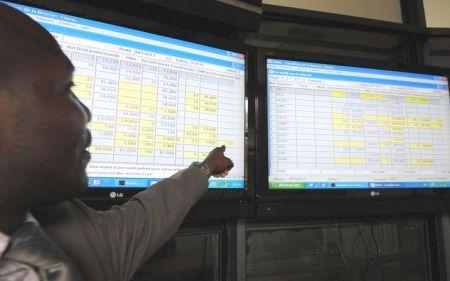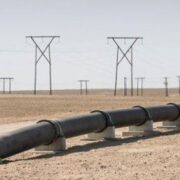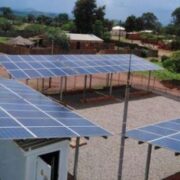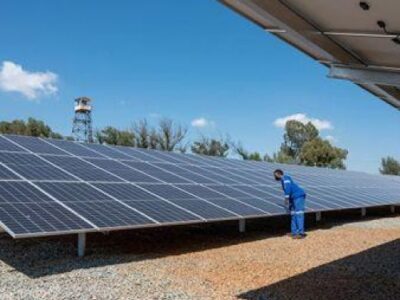
(Ecofin Agency) – Sub-Saharan Africa has shown mixed resilience to the energy crisis ongoing since the beginning of 2021. The situation has escalated, further worrying analysts. Denominated in the US dollar, the major indexes representing the SSA stock markets posted a positive annual performance at the end of September 2021. This suggests potential gains for investors at the end of the year.
Zambia’s stock market index rose the most (+59%) over the period, according to official market data. Ghana followed with a 42.1% increase, Tanzania 27.4, and the Abidjan-based Regional Securities Exchange (BRVM) saw a 26.56% growth. These are markets with more than 20% of potential gains for investors. Overall, this positive sentiment contrasts with an international context marked by several factors that do not bode well for the global economy. The impacts of the Covid-19 pandemic are still present, in addition to rising energy prices and other inputs to the global economy.
The energy crisis is multifaceted, beyond a global price increase that the World Bank estimated at more than 86%. Gas prices in Europe have reached record levels since 2008, raising the risk of additional costs in the production of goods and inflation.
In such a scenario, sub-Saharan Africa is likely to experience a further decline in remittances. According to the World Bank, remittances to the region were $42 billion in 2020, down 12.5% from 2019.
In China, rising energy costs, combined with the government’s desire to move aggressively toward cleaner, climate-friendly energy, are threatening the global supply chain for goods and services. The country has long been the world’s factory because of its low production costs and highly skilled labor force. A disruption in the supply of Chinese goods could also accelerate inflation worldwide, including in sub-Saharan Africa.
Prices continue to rise in Nigeria at an annual rate of over 17%, and it is the only SSA country where the stock market is performing negatively. In South Africa, inflation remains at 4.6%, but transport prices rose by 9.4% in late August 2021. In Kenya, prices are up overall, due to rising pump prices.
These challenges have led to the devaluation of the currencies of the various sub-Saharan African countries. The Nigerian naira fell 7.7% on the official market, but much more on the parallel market. The Ghanaian cedi and the Kenyan shilling also lost value. All eyes are now on the United States and China. As in 2020, the two countries are likely to be the new epicenter of another global economic problem.
Idriss Linge











Comments